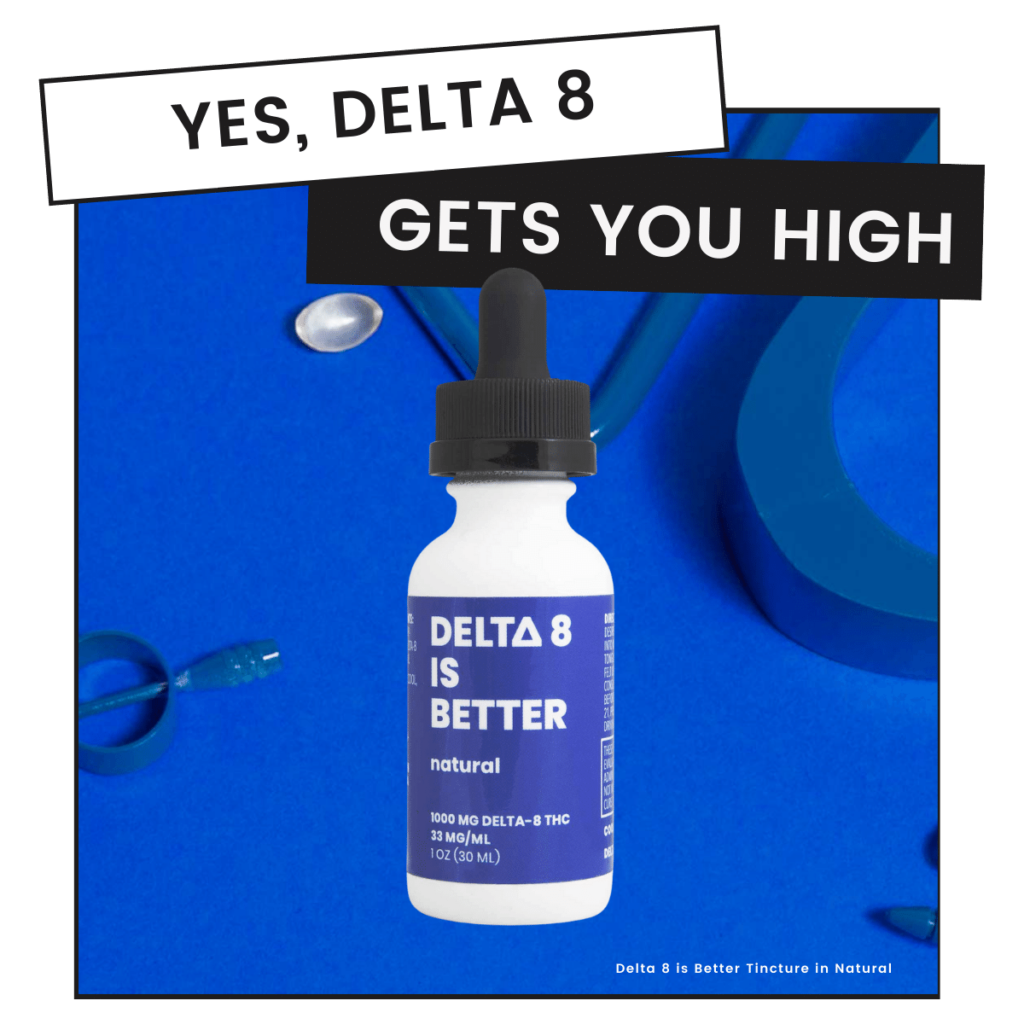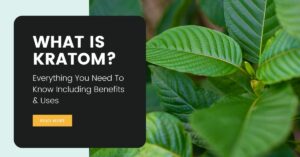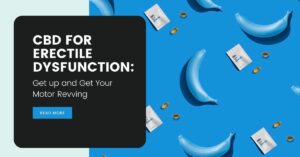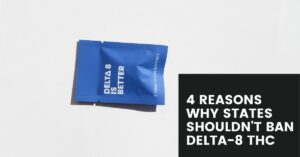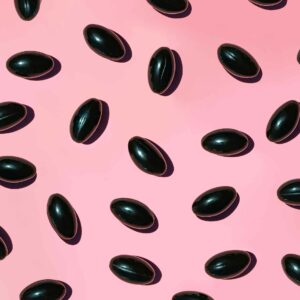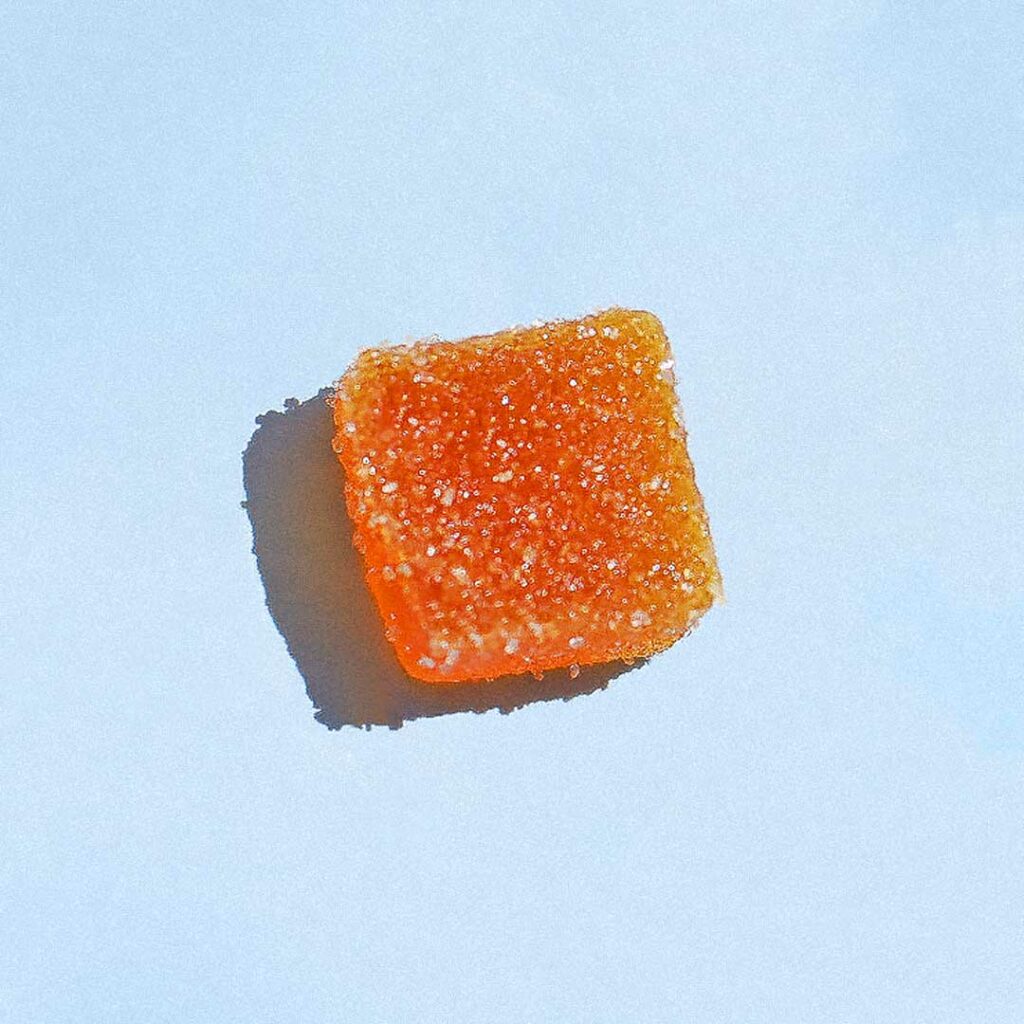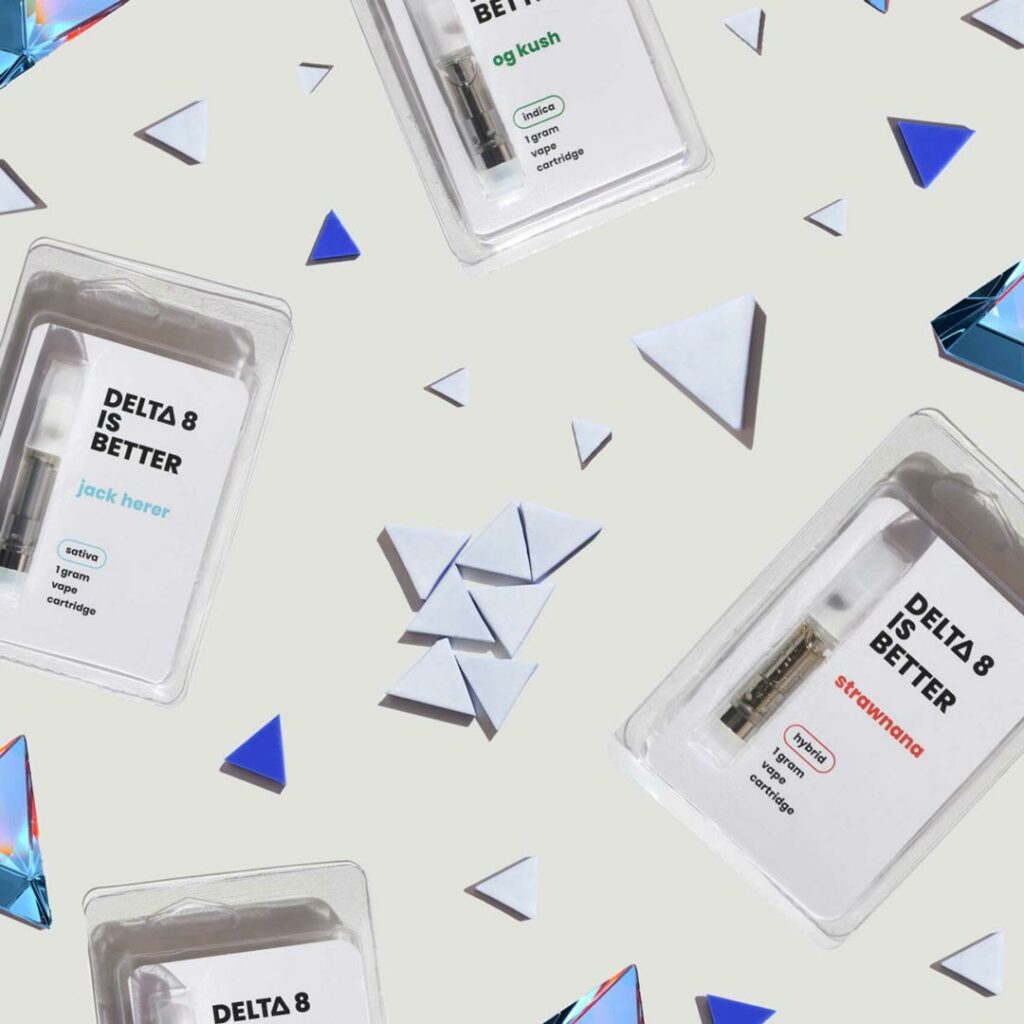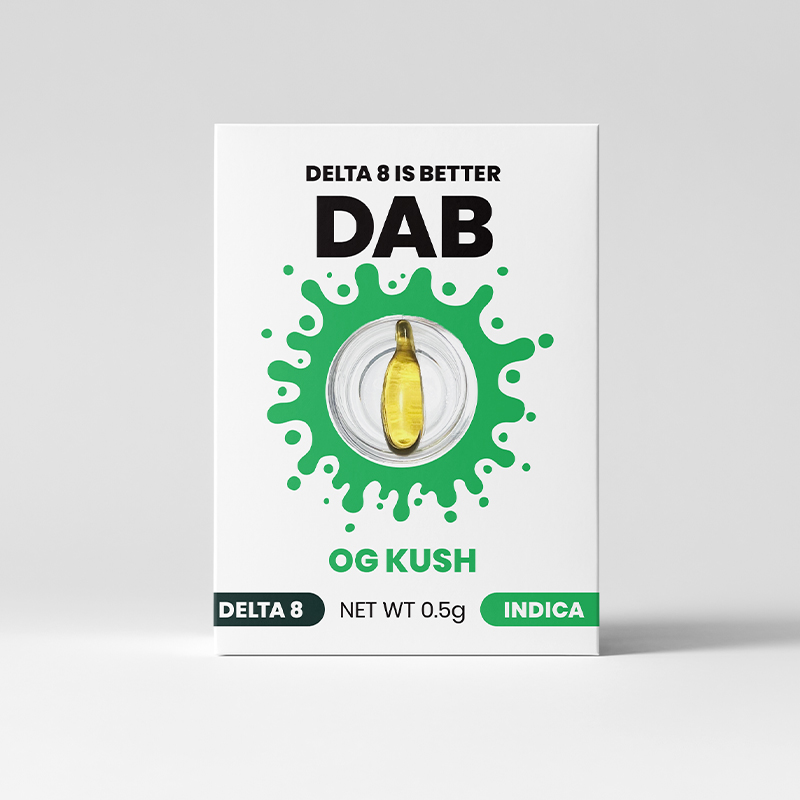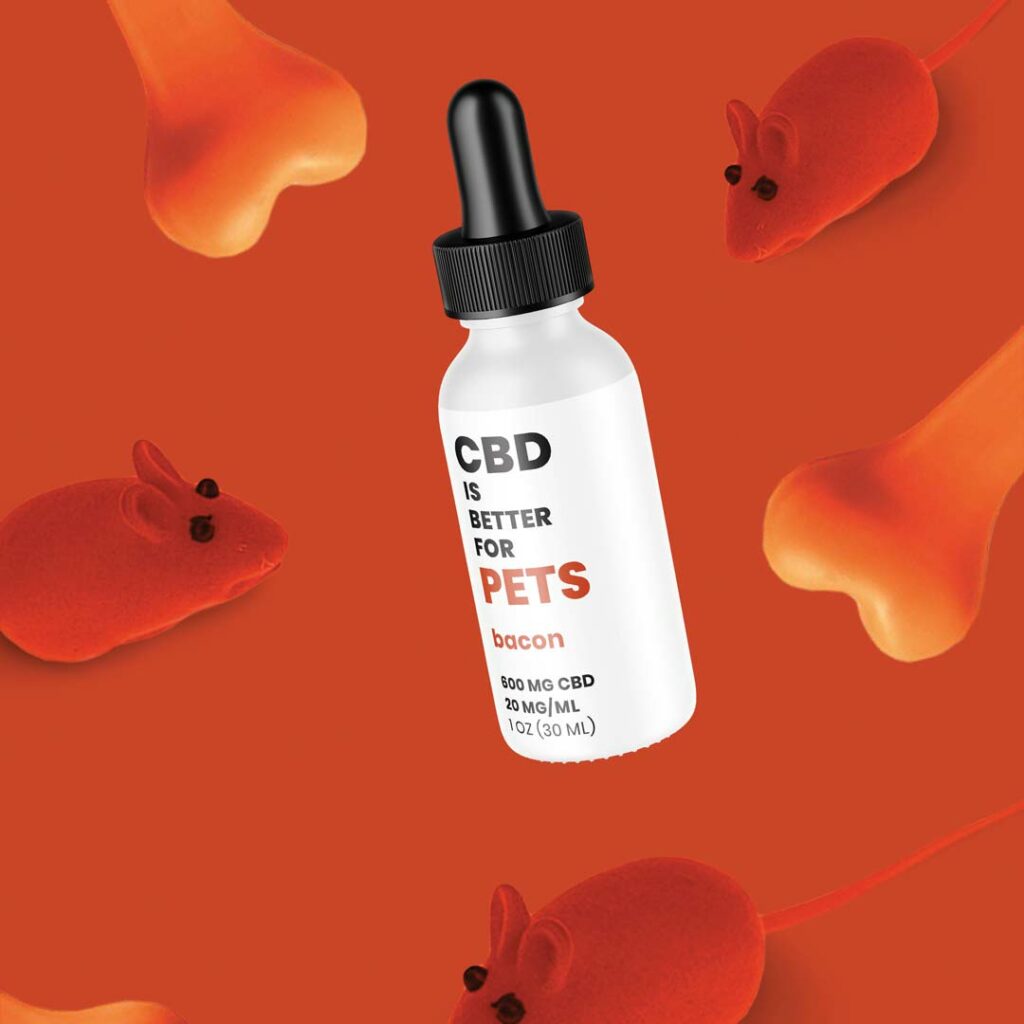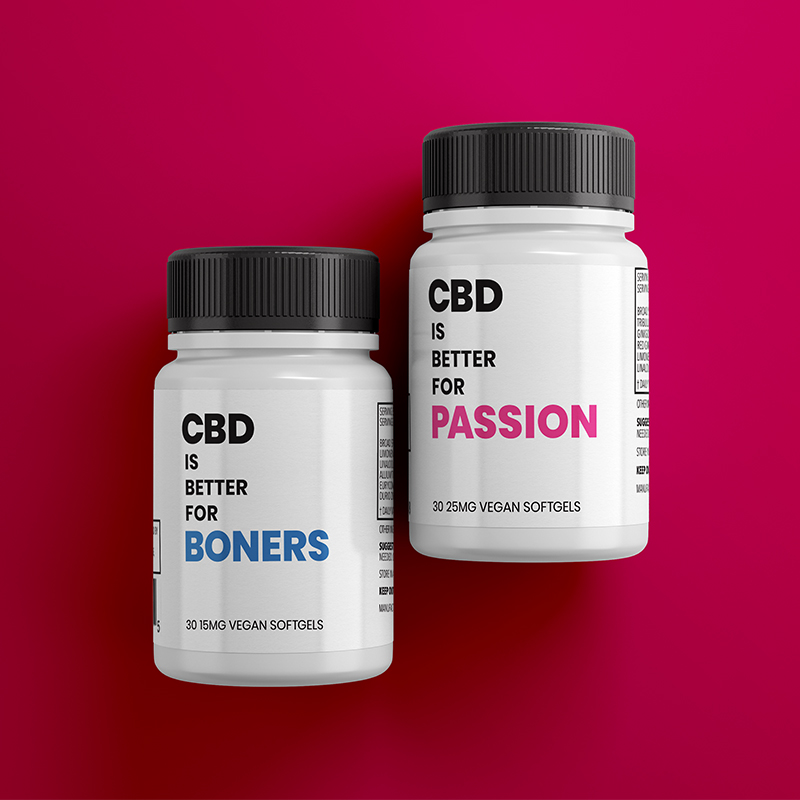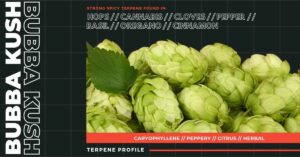

“What is Delta 8 and is it legal?” Everyone wants to know, from cannabis consumers and state regulators to Forbes, which recently declared “Delta-8 THC is having a moment!” and dubbed it the most exciting new development in the hemp space. Delta 8 is undoubtedly booming—but if it were a human with a Facebook account, its relationship status with legality would definitely be “It’s complicated.”
Twelve states have gone so far as to ban Delta 8 THC, partly due to uncertainty over how to define it. GQ just dubbed Delta 8 the “next big thing in weed,” and the writer of the article questioned how a cannabinoid “that I had read about in the New York Times and gotten dropped off by the Postal Service” could be creating such controversy.
To understand the Delta 8 debate, we need to understand its close chemical cousin, Delta-9-tetrahydrocannabinol, commonly known as Delta 9-THC or just THC.
Delta 9-THC is the most famous and most psychoactive ingredient in the cannabis plant—it’s the compound that gets you high. It is also federally illegal, categorized by the Drug Enforcement Agency in 1972 as a Schedule 1 drug. Schedule 1 drugs are defined by the DEA as substances with a high potential for abuse, no currently accepted medical use, and no safe use under medical supervision. (Yes, even with all we have learned about THC in the last 50 years, despite all THC’s proven medical applications for patients with serious illnesses, the federal government still categorizes it alongside meth, heroin and cocaine.)
So Delta 9-THC is federally illegal—but Delta-8-THC has a slightly different chemical structure. This small molecular difference is why Delta 8 is famously mellower and less intense than Delta 9-THC (some have called it “weed light”)—and it’s also one of the reasons why it’s technically legal.
Delta 8 THC Frequently Asked Questions
Yes. It’s important to remember that just because delta 8 THC is hemp derived does not mean it’s not still THC. Most commercial drug test scan for the presence of THC and cannot distinguish between delta 8 and delta 9 thc.
Alaska, Arizona, Arkansas, Colorado, Conneticut, Delaware, Kentucky, Idaho, Iowa, Michigan, Mississippi, Montana, New York, North Dakota, Rhode Island, Utah, Vermont, and Washington currently prohibit the sale of Delta 8 THC but laws change regularly. Be sure to make sure your state hasn’t passed a Delta 8 ban before ordering. (updated 9/14/2021)
The simplest answer is the 2018 Farm Bill which legalized hemp. Most delta 8 thc is extracted from hemp plants vs standard cannabis plants like medical marijuana extracts.
Delta 8 THC’s Legality Depends on Where It Comes From
Another argument for Delta 9’s legality: the 2018 Farm Bill. This bill legalized hemp in the United States, including any products derived from hemp. While Delta 8 does occur naturally in cannabis and hemp plants, it’s only found in trace amounts, so the vast majority of Delta 8 products we consume are made from hemp-derived CBD. That means they should be covered under the law, at least for now.
Because Delta 8 has some similar effects to Delta 9, however, demand for it in states where cannabis is illegal is rising. (The majority of states where it’s been banned do not allow legal cannabis, either.) When asked, a DEA spokesperson told Rolling Stone that the agency could not comment on Delta-8 until they’ve completed the rulemaking process around the implementation of the Farm Bill. In late 2020, the DEA issued an “Interim Final Rule” which stated that “[all] synthetically derived tetrahydrocannabinols remain Schedule 1 controlled substances”—but is a naturally occurring cannabinoid made from a plant considered synthetic? No one seems to know.
Hemp industry leaders have pointed out that there are currently more than 100 different cannabinoids found in the hemp plant, and that for state and federal governments to roll out new legislation for every one of these compounds would be a bureaucratic nightmare. And as we learned from Prohibition and the Drug War, banning substances is highly ineffective and often backfires by creating lucrative, unregulated underground markets.
If Delta 8 is Federally Legal, Why Can’t I Buy It In My State?
States do have the power to ban the sale of Delta 8 within their borders, but thus far it remains legal in 39 states. If you’re a consumer, just make sure you are purchasing it in a legal state, from a reputable manufacturer—and bear in mind that if your workplace makes you take drug tests, Delta 8 will show up on them. Standard drug tests screen for the presence of THC, and cannot distinguish between Delta-8-THC and Delta-9-THC.
So is Delta 8 legal? Yes—for now. It remains to be seen whether or not federal agencies and state regulators will try to change that—but for the present moment, enjoy your weed light.
Explore Delta 8 is Better Products
-
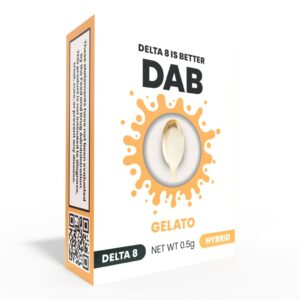 Delta 8 is Better Dabs$19.99 — or
Delta 8 is Better Dabs$19.99 — or$19.99$15.99 / month -
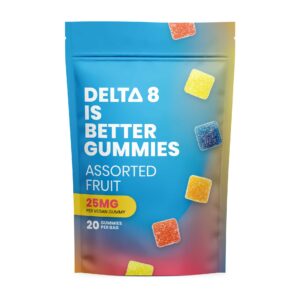 DELTA 8 IS BETTER 25MG VEGAN GUMMIES ASSORTED FRUIT$6.99 – $150.00 — or from $5.59 – $120.00 / month
DELTA 8 IS BETTER 25MG VEGAN GUMMIES ASSORTED FRUIT$6.99 – $150.00 — or from $5.59 – $120.00 / month -
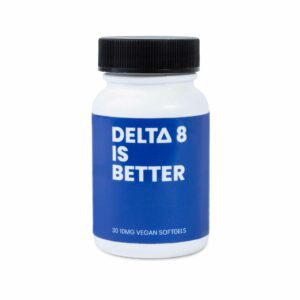 Delta 8 is Better 10mg Vegan Softgels$4.99 – $149.99 — or from $3.99 – $119.99 / month
Delta 8 is Better 10mg Vegan Softgels$4.99 – $149.99 — or from $3.99 – $119.99 / month -
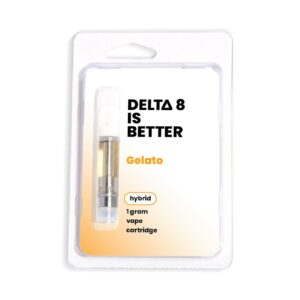 Delta 8 is Better 1g Vape Carts (Hybrid)$24.99 — or
Delta 8 is Better 1g Vape Carts (Hybrid)$24.99 — or$24.99$19.99 / month -
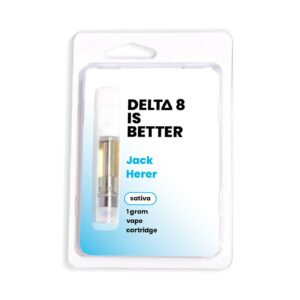 Delta 8 is Better 1g Vape Carts (Sativa)$24.99 — or
Delta 8 is Better 1g Vape Carts (Sativa)$24.99 — or$24.99$19.99 / month -
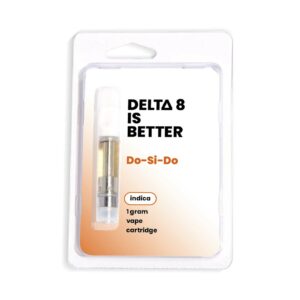 Delta 8 is Better 1g Vape Carts (Indica)$24.99 — or
Delta 8 is Better 1g Vape Carts (Indica)$24.99 — or$24.99$19.99 / month -
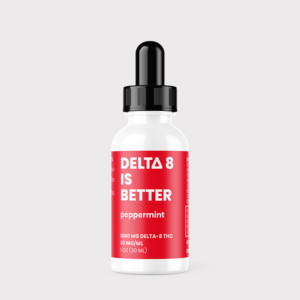 DELTA 8 IS BETTER 1000MG TINCTURE PEPPERMINT 1OZ BOTTLE$24.99 — or
DELTA 8 IS BETTER 1000MG TINCTURE PEPPERMINT 1OZ BOTTLE$24.99 — or$24.99$19.99 / month -
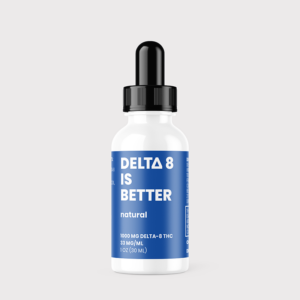 DELTA 8 IS BETTER 1000MG TINCTURE NATURAL 1OZ BOTTLE$24.99 — or
DELTA 8 IS BETTER 1000MG TINCTURE NATURAL 1OZ BOTTLE$24.99 — or$24.99$19.99 / month -
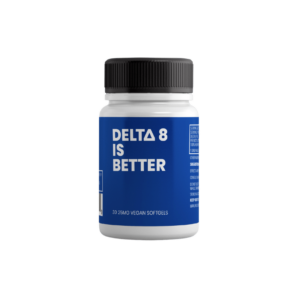 Delta 8 is Better 25mg Vegan Softgels$4.99 – $149.99 — or from $3.99 – $119.99 / month
Delta 8 is Better 25mg Vegan Softgels$4.99 – $149.99 — or from $3.99 – $119.99 / month
Robert Johnson
READ MORE
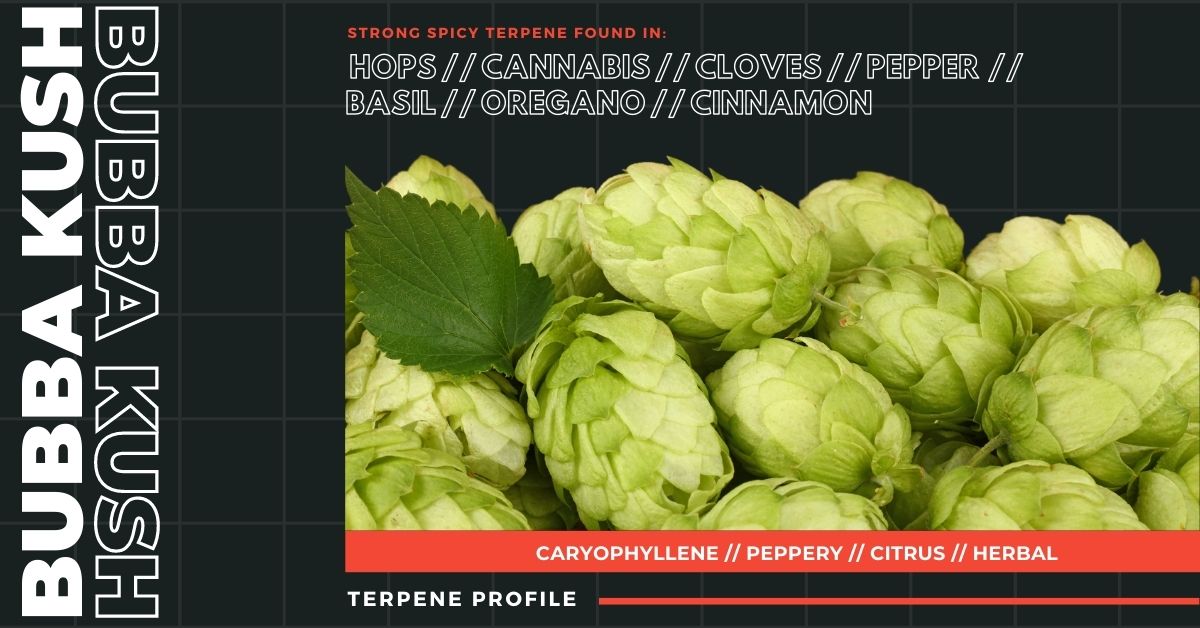
Terpenes 101: What is Caryophyllene and What Does it Do?
Caryophyllene, also called beta-caryophyllene or BCP, this terpene can be found in hops, cloves, black pepper, oregano, cinnamon, basil and strains of cannabis. If you’ve ever taken a whiff of herb with a funky bite that hits like smelling cracked pepper, it’s likely rich in caryophyllene.
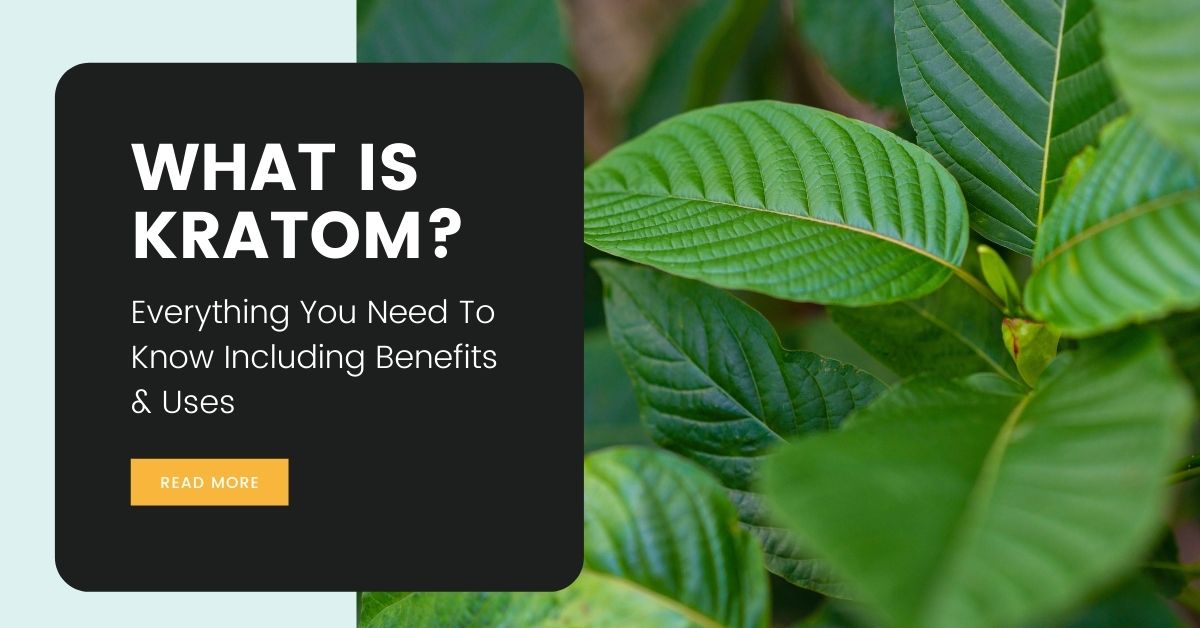
What is Kratom? Everything You Need To Know Including Benefits & Uses
There have been uses of kratom for centuries in traditional medicine in Southeast Asia. It has many potential uses and benefits as well as considerable risks. Read on to learn more about using kratom for your health.
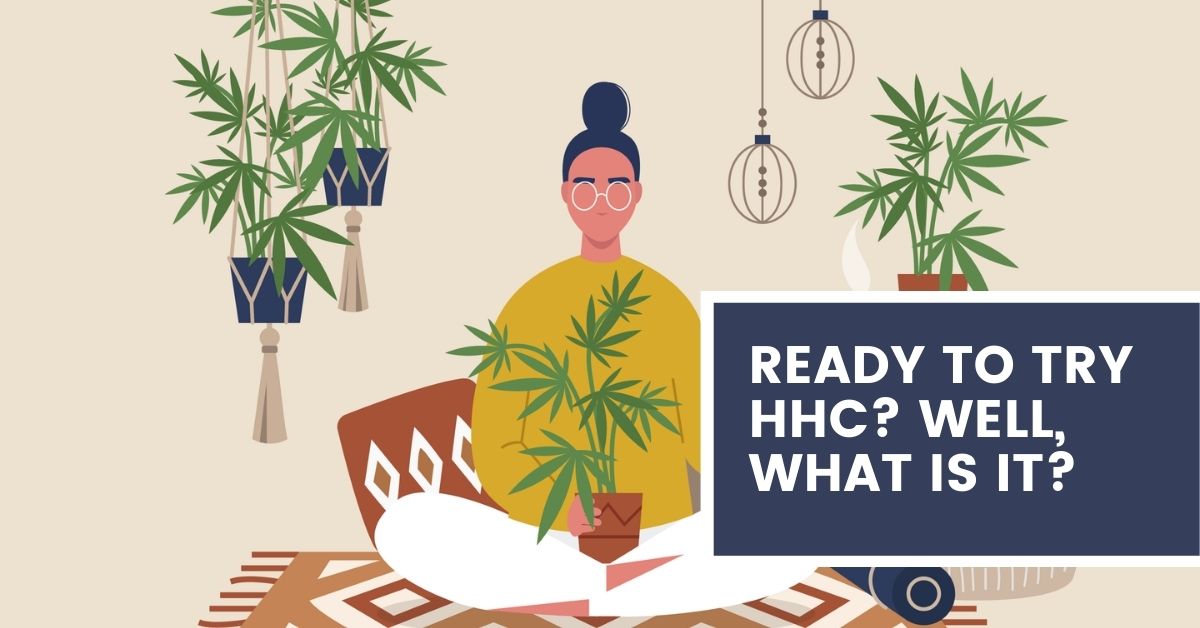
Thinking of Trying an HHC Vape But Find Yourself Wondering What Exactly is HHC?
One of the unintended benefits of the 2018 Farm Bill that made agricultural hemp federally legal was the new wave of THC analogs hitting the market with very similar effects to the THC we all know and love. One of the newest, HHC is actually not a THC analog at all but it’s close. How close? Let’s break it down.
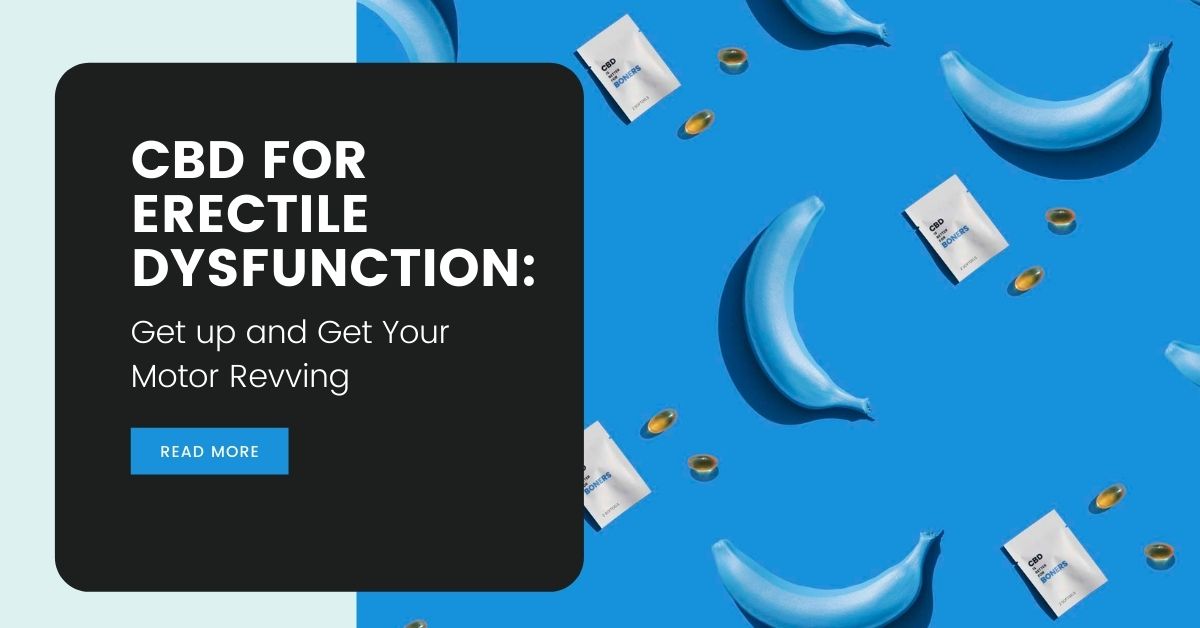
CBD for Erectile Dysfunction: Get up and Get Your Motor Revving
Although it’s often a sensitive subject, the truth is that approximately 52% of all men have or will experience erectile dysfunction (ED) at some point in their lives often much younger than one would expect.
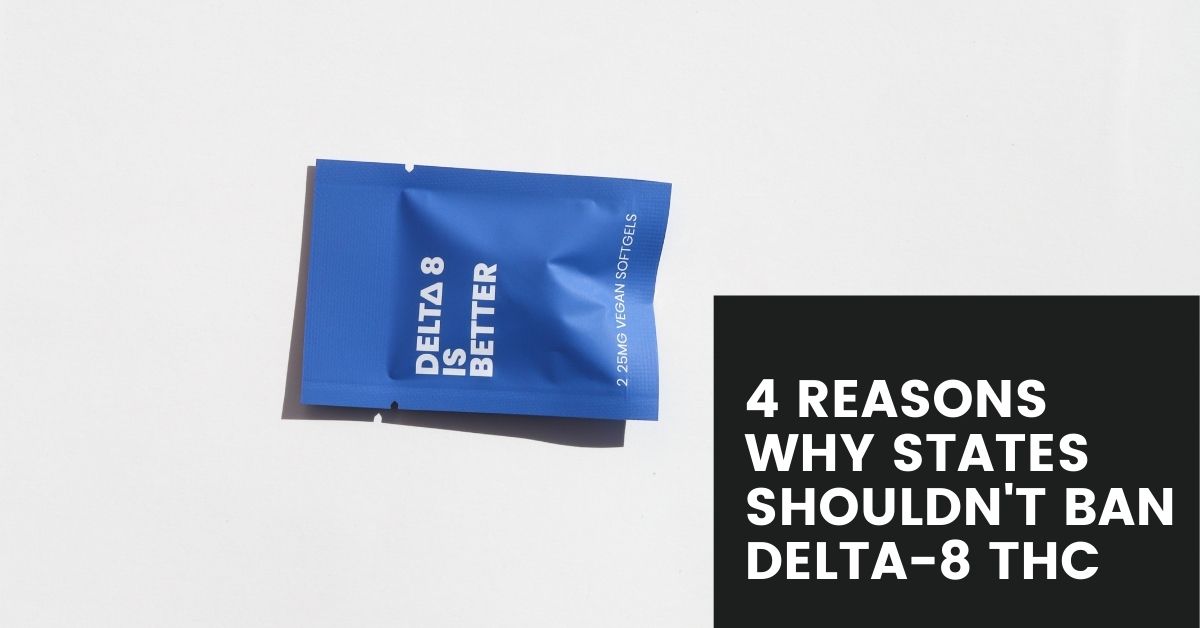
4 Reasons Why States Shouldn’t Ban Delta-8 THC
More than 15 states have actually banned Delta-8 outright but what’s most shocking about these bans is that they are supported by so many hemp business leaders.
